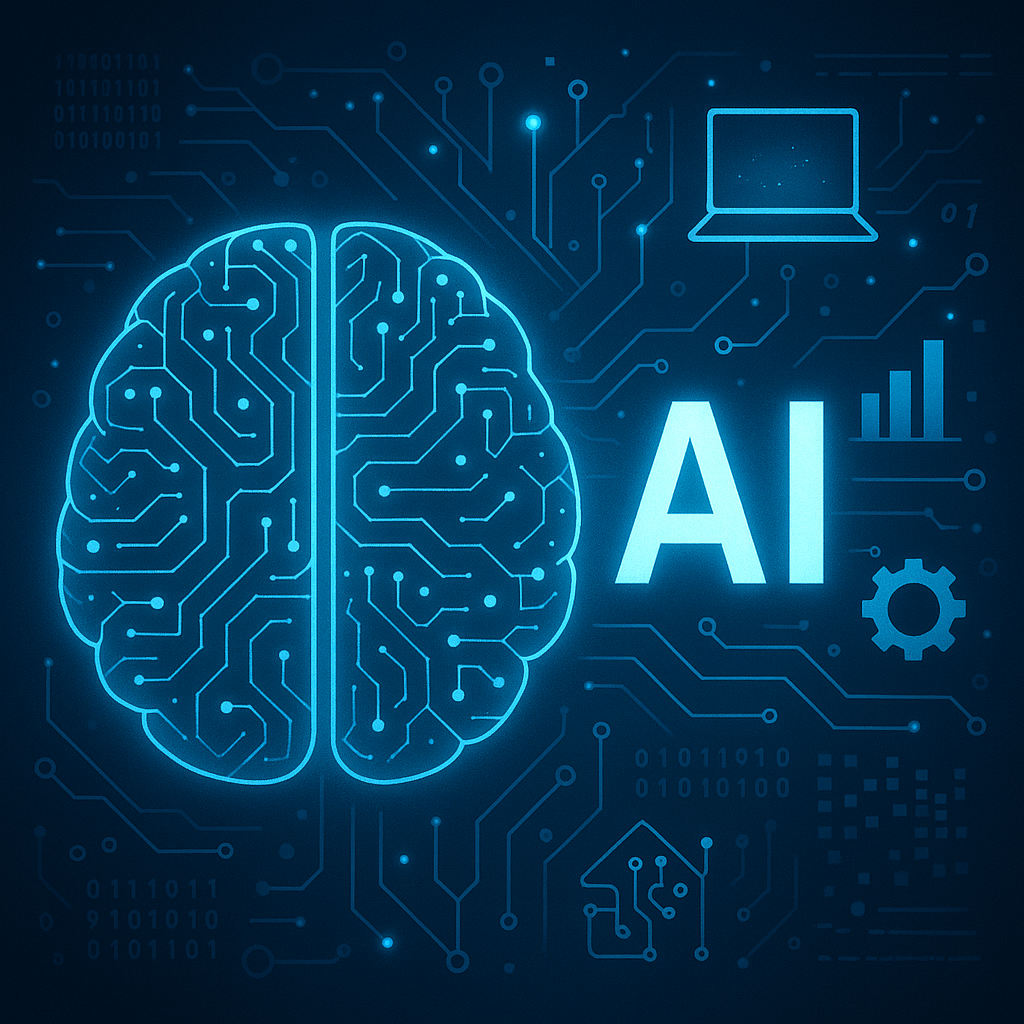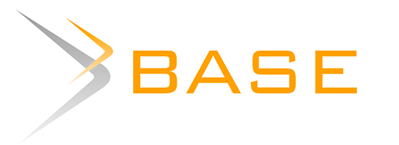AI in legal studies: navigating the prospects and hurdles for law faculty in higher education
DOI:
https://doi.org/10.56124/sapientiae.v8i17.031Palabras clave:
perception; gastronomy; services; quality; categories; strategiesResumen
This paper examines the influence of Artificial Intelligence (AI) on legal education, focusing on its advantages as well as the ethical and pedagogical challenges it introduces in the university training of future legal professionals. The aim was to evaluate how AI can reshape legal education without compromising the ethical and pedagogical integrity of the learning process. Using a qualitative methodology with a documentary design, a content analysis of various educational AI tools was performed, assessing elements like personalized learning, accessibility, automated feedback, and usability. Findings suggest that AI enables personalized learning and optimizes real-time feedback and assessment; however, it also presents risks such as algorithmic bias and restricted accessibility. Furthermore, AI use may alter classroom dynamics and reduce direct engagement with professors, potentially affecting students’ ethical growth. In summary, while AI offers considerable potential for legal education, its implementation requires active oversight and a strong ethical framework to ensure inclusive and equitable education, maintaining quality and pedagogical standards in legal learning.
Descargas
Citas
Alexander, J., McConnell, S., Mitchell, R., & McGrane, A. (2024). Technological challenges for modern law school pedagogy: Preparing graduates for the modern legal workplace. The Law Teacher, 58(1), 32-57. https://doi.org/10.1080/03069400.2023.2287393
An, Q., Yang, J., Xu, X., Zhang, Y., & Zhang, H. (2024). Decoding AI ethics from Users’ lens in education: A systematic review. Heliyon, 10(20), e39357. https://doi.org/10.1016/j.heliyon.2024.e39357
Battelli, E. (2020). La decisión robótica: Algoritmos, interpretación y justicia predictiva. Revista de Derecho Privado, 40, 45-86. https://doi.org/10.18601/01234366.n40.03
Cantatore, F. (2019). New Frontiers in Clinical Legal Education: Harnessing Technology to Prepare Students for Practice and Facilitate Access to Justice. Australian Journal of Clinical Education, 5(1). https://doi.org/10.53300/001c.11191
Daraqel, B., Wafaie, K., Mohammed, H., Cao, L., Mheissen, S., Liu, Y., & Zheng, L. (2024). The performance of artificial intelligence models in generating responses to general orthodontic questions: ChatGPT vs Google Bard. American Journal of Orthodontics and Dentofacial Orthopedics, 165(6), 652-662. https://doi.org/10.1016/j.ajodo.2024.01.012
Daungsupawong, H., & Wiwanitkit, V. (2024). Assessing ChatGPT and perplexity AI performance. Digestive and Liver Disease, 56(9), 1638. https://doi.org/10.1016/j.dld.2024.04.001
Doğan, E., Şahin, F., Şahin, Y. L., Kobak, K., & Okur, M. R. (2024). Enhancing clinical law education through immersive virtual reality: A flow experience perspective. Learning and Instruction, 94, 101989. https://doi.org/10.1016/j.learninstruc.2024.101989
Fest, I., Wieringa, M., & Wagner, B. (2022). Paper vs. practice: How legal and ethical frameworks influence public sector data professionals in the Netherlands. Patterns, 3(10), 100604. https://doi.org/10.1016/j.patter.2022.100604
Fu, Y., & Weng, Z. (2024). Navigating the ethical terrain of AI in education: A systematic review on framing responsible human-centered AI practices. Computers and Education: Artificial Intelligence, 7, 100306. https://doi.org/10.1016/j.caeai.2024.100306
Grimes, R. (2020). Making and Managing Change in Legal Education: Yesterday, Today and Tomorrow. Asian Journal of Legal Education, 7(2), 178-194. https://doi.org/10.1177/2322005820919258
Hashmi, N., & Bal, A. S. (2024). Generative AI in higher education and beyond. Business Horizons, 67(5), 607-614. https://doi.org/10.1016/j.bushor.2024.05.005
Kajiwara, Y., & Kawabata, K. (2024). AI literacy for ethical use of chatbot: Will students accept AI ethics? Computers and Education: Artificial Intelligence, 6, 100251. https://doi.org/10.1016/j.caeai.2024.100251
Lavalle, M. (2020). Acceso a la educación y brecha digital en tiempos de pandemia. Revista Jurídica De La Universidad De San Andrés, 10, 27-56.
Lee, J., Hicke, Y., Yu, R., Brooks, C., & Kizilcec, R. F. (2024). The life cycle of large language models in education: A framework for understanding sources of bias. British Journal of Educational Technology, 55(5), 1982-2002. https://doi.org/10.1111/bjet.13505
Lokare, V. T., & Jadhav, P. M. (2024). An AI-based learning style prediction model for personalized and effective learning. Thinking Skills and Creativity, 51, 101421. https://doi.org/10.1016/j.tsc.2023.101421
Onwuachi-Willig, A. (2023). New Frontiers in Legal Education. Boston University School of Law. https://www.bu.edu/law/record/articles/2023/legal-education-and-artificial-intelligence/
Pahi, K., Hawlader, S., Hicks, E., Zaman, A., & Phan, V. (2024). Enhancing active learning through collaboration between human teachers and generative AI. Computers and Education Open, 6, 100183. https://doi.org/10.1016/j.caeo.2024.100183
Parker, L., Carter, C., Karakas, A., Loper, A. J., & Sokkar, A. (2024). Graduate instructors navigating the AI frontier: The role of ChatGPT in higher education. Computers and Education Open, 6, 100166. https://doi.org/10.1016/j.caeo.2024.100166
Sexton, M. (2022). Convenience sampling and student workers: Ethical and methodological considerations for academic libraries. The Journal of Academic Librarianship, 48(4), 102539. https://doi.org/10.1016/j.acalib.2022.102539
Shoaib, M., Sayed, N., Singh, J., Shafi, J., Khan, S., & Ali, F. (2024). AI student success predictor: Enhancing personalized learning in campus management systems. Computers in Human Behavior, 158, 108301. https://doi.org/10.1016/j.chb.2024.108301
Stöhr, C., Ou, A. W., & Malmström, H. (2024). Perceptions and usage of AI chatbots among students in higher education across genders, academic levels and fields of study. Computers and Education: Artificial Intelligence, 7, 100259. https://doi.org/10.1016/j.caeai.2024.100259
Summers, A., Haddad, M. E., Prichard, R., Clarke, K.-A., Lee, J., & Oprescu, F. (2024). Navigating challenges and opportunities: Nursing student’s views on generative AI in higher education. Nurse Education in Practice, 79, 104062. https://doi.org/10.1016/j.nepr.2024.104062
Suresh, Dr. V. (2023). How can we manage biases in artificial intelligence systems – A systematic literature review. International Journal of Information Management Data Insights, 3(1), 100165. https://doi.org/10.1016/j.jjimei.2023.100165
Tisman, G., & Seetharam, R. (2023). OpenAi’s ChatGPT-4, BARD and YOU.com (AI) and the Cancer Patient, for Now, Caveat Emptor, but Stay Tuned. Digital Medicine and Healthcare Technology, 2. https://doi.org/10.5772/dmht.19
Tzirides, A. O. (Olnancy), Zapata, G., Kastania, N. P., Saini, A. K., Castro, V., Ismael, S. A., You, Y., Santos, T. A. D., Searsmith, D., O’Brien, C., Cope, B., & Kalantzis, M. (2024). Combining human and artificial intelligence for enhanced AI literacy in higher education. Computers and Education Open, 6, 100184. https://doi.org/10.1016/j.caeo.2024.100184
Vetter, M. A., Lucia, B., Jiang, J., & Othman, M. (2024). Towards a framework for local interrogation of AI ethics: A case study on text generators, academic integrity, and composing with ChatGPT. Computers and Composition, 71, 102831. https://doi.org/10.1016/j.compcom.2024.102831
Walter, Y. (2024). Embracing the future of Artificial Intelligence in the classroom: The relevance of AI literacy, prompt engineering, and critical thinking in modern education. International Journal of Educational Technology in Higher Education, 21(1), 15. https://doi.org/10.1186/s41239-024-00448-3
Yue Yim, I. H. (2024). A critical review of teaching and learning artificial intelligence (AI) literacy: Developing an intelligence-based AI literacy framework for primary school education. Computers and Education: Artificial Intelligence, 7, 100319. https://doi.org/10.1016/j.caeai.2024.100319
Zhai, C., Wibowo, S., & Li, L. D. (2024). The effects of over-reliance on AI dialogue systems on students’ cognitive abilities: A systematic review. Smart Learning Environments, 11(1), 28. https://doi.org/10.1186/s40561-024-00316-7
Zhao, Y., Zhang, L., & Hu, L. (2024). The Challenges and Responses Faced by Digital Legal Education in the Era of Big Data. Journal of Education and Educational Research, 9(1), 27-30. https://doi.org/10.54097/mj7m9436
Zickar, M. J., & Keith, M. G. (2023). Innovations in Sampling: Improving the Appropriateness and Quality of Samples in Organizational Research. Annual Review of Organizational Psychology and Organizational Behavior, 10(1), 315-337. https://doi.org/10.1146/annurev-orgpsych-120920-052946

Publicado
Cómo citar
Número
Sección
Licencia
Derechos de autor 2025 Revista Científica Multidisciplinaria SAPIENTIAE. ISSN: 2600-6030

Esta obra está bajo una licencia internacional Creative Commons Atribución-NoComercial-CompartirIgual 4.0.

2.jpg)

















